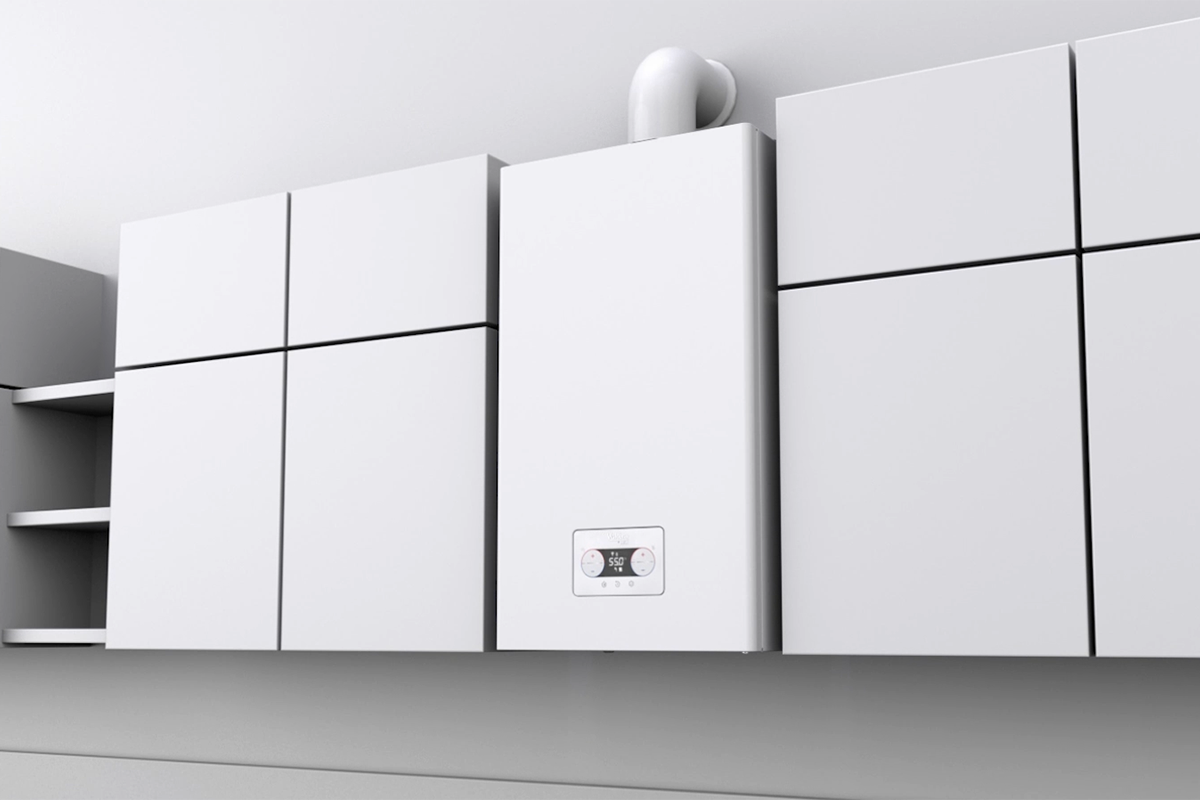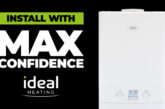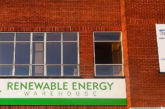
The increase in global fuel prices means many UK households will be minded to ration their heating this winter. Monitoring the usage of heating systems couldn’t be easier thanks to Internet of Things (IoT) technology. Neil Mattock, Marketing Director and Head of Training at Vokèra by Riello, explains how IoT offers more than mere ‘switch on/switch off’ capability.
If used correctly, IoT technology gives greater control of thermostats and room sensors to ensure heating systems run more efficiently, sustainably – and just as crucially during these challenging economic times – more cost-effectively. Aligned with Boiler Plus regulations, Vokèra is fully-focused on developing heating systems that integrate more effectively with IoT technology.
More control
Next level integration of modulating controls as per Boiler Plus regulations in the form of load and weather compensation improves temperature flows and allows boilers to run more efficiently. Load compensation controls, for example, modulate the flow temperature from the boiler based on the actual room temperature. This requires the thermostat and boiler to ‘speak’ the same language, a function that is enabled by communications protocol – Vokèra uses OpenTherm.
A similar principle is at the heart of weather compensation controls that use the outside temperature to modulate a boiler’s temperature flow. A lower flow temperature (at 55°C and below) supports better efficiency, as the boiler will be condensing, and therefore recovering latent heat from the products of combustion that would be lost at higher flow temperatures.
As well as allowing property owners to reset their heating system remotely, in the event of a system error code or interruption in the gas supply, for example, digital interconnection enables installers off-site access – if permitted by the customer – to diagnose issues in a significantly more convenient and effective manner for both parties.
Intelligent connection
Devising a method of connecting a boiler directly to the internet without interfering with the control is crucial to advancing the heating/digital ecosystem relationship. It’s a development that Vokèra is progressing through its software-based Hi, Comfort platform, which features next generation boilers and smart thermostats. It includes the evolvement of the Hi, Comfort K100 smart key, a superbly simple plug-in innovation that permits remote control of boilers via the specially devised Hi, Comfort app.
This increases boiler management efficiency in relation to issues such as running time monitoring, geofencing and remote setting of DHW temperature. Beneficial for checking the operating parameters of individual household boilers, the connected technology afforded by the Hi, Comfort K100 smart key could prove very useful when managing an estate of systems within a social housing block, for instance.
Future proofed
In future, this type of digital ecosystem could be adapted to manage multiple technologies as heating systems become more hybrid. Therefore, the technology involved in linking a heat pump to a boiler and solar panels could be controlled by a single digital platform working in an intelligent way to maximise the system’s efficiency. Such control could enable elements of the system to be programmed to work independently of each other or together, depending on exterior conditions.
For instance, when temperatures fall to well below freezing, a heat pump might be incapable of managing a heating system or becomes a less attractive economic option. On such occasions, the system could be remotely managed via the internet to switch to a boiler-only or bivalent operation.
But how do we start linking these different technologies together in a way that is easy for the end user to understand? The benefits for customers in the form of preventative maintenance are there for the asking if a heating system’s programme offers clear, identifiable responses. Think about how a warning light indicates when a car component is under stress. It usually means the vehicle remains driveable but that the driver should seek service assistance. A similar function for boilers could spare homeowners an unnecessarily costly repair bill.
Fully connected
The IoT has been a gift in terms of allowing users greater control of their heating system, which in-turn should inspire greater functionality and sustainability. System efficiency is core to every manufacturer’s business model. At Vokèra, we’re achieving this by recognising the need to produce an interface that allows the user to manage their heating in a simple and efficient manner with minimal adjustment but also provide a conduit between heating appliance, user and service organisation or manufacturer.
Vokèra acknowledges the need for an interface that allows the user to manage their heating in a simple and efficient manner with minimal adjustment but also provides a conduit between heating appliance, user and service organisation or manufacturer. The IoT has a significant role to play in facilitating such an outcome; a smart process that will ultimately lead to greater fuel efficiency and a more sustainable built environment.













